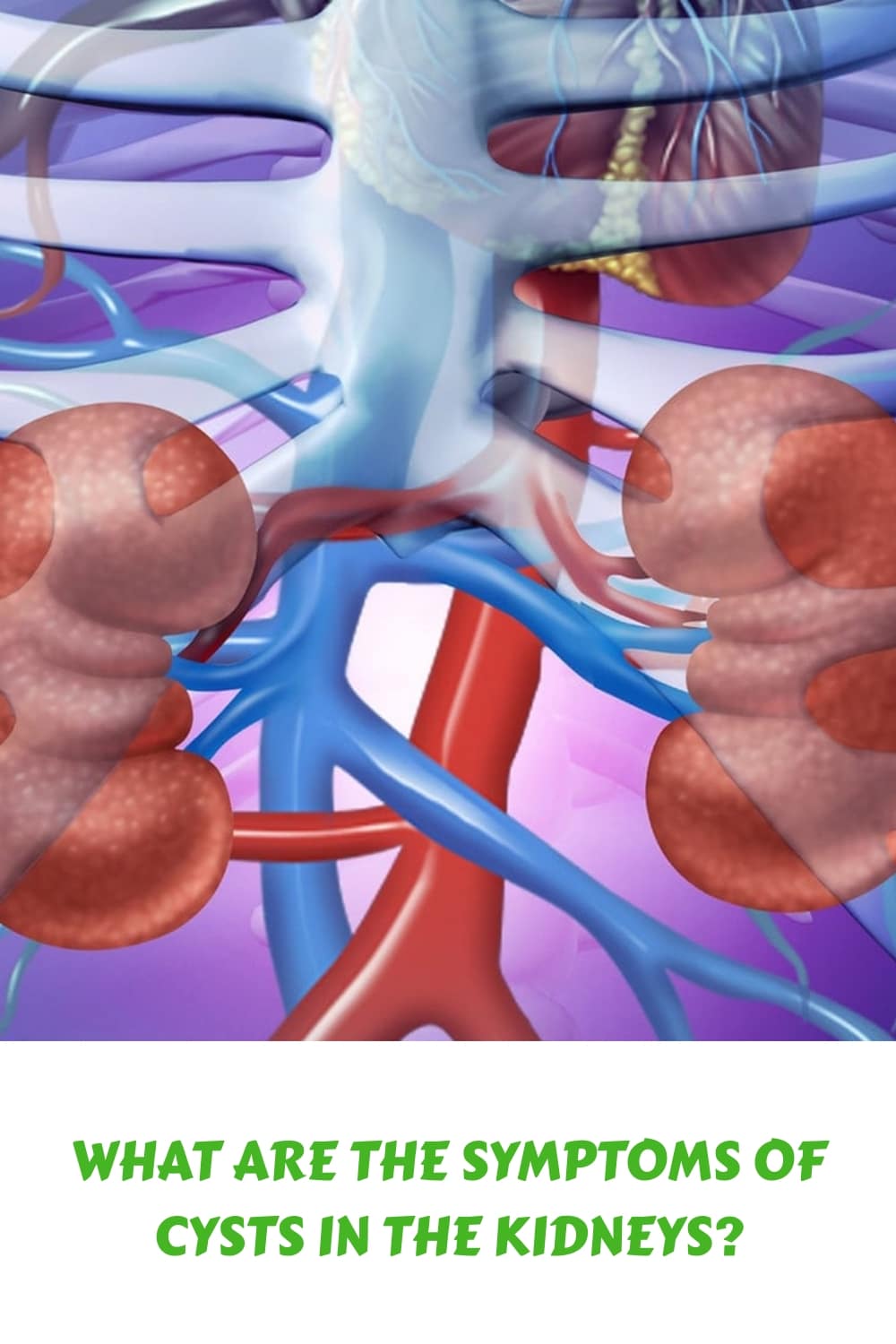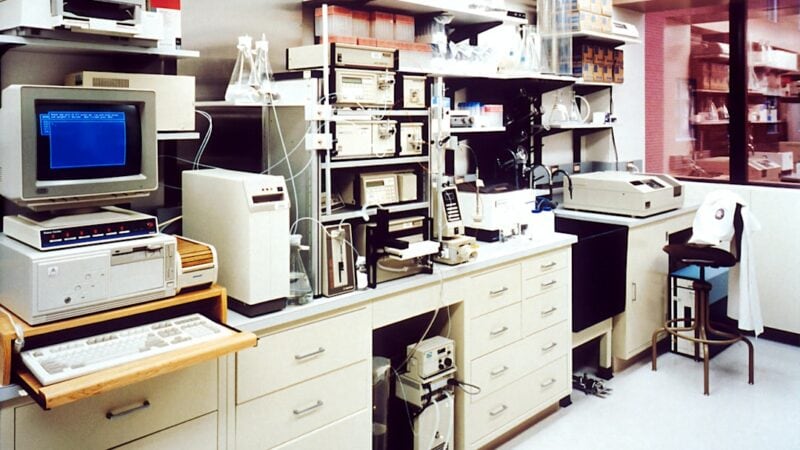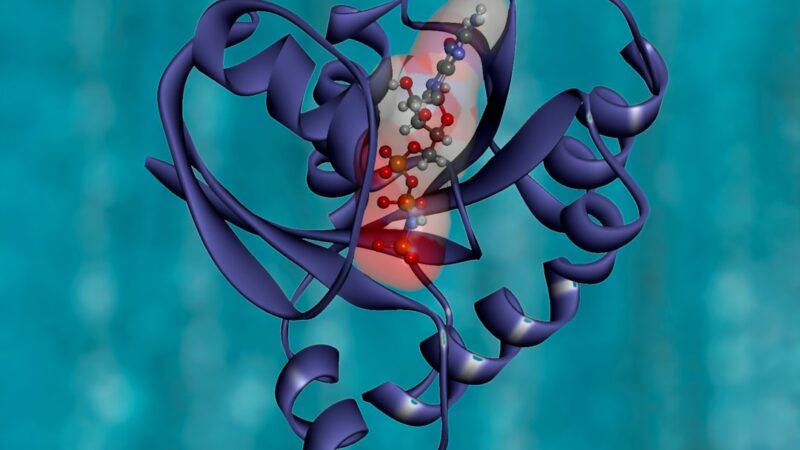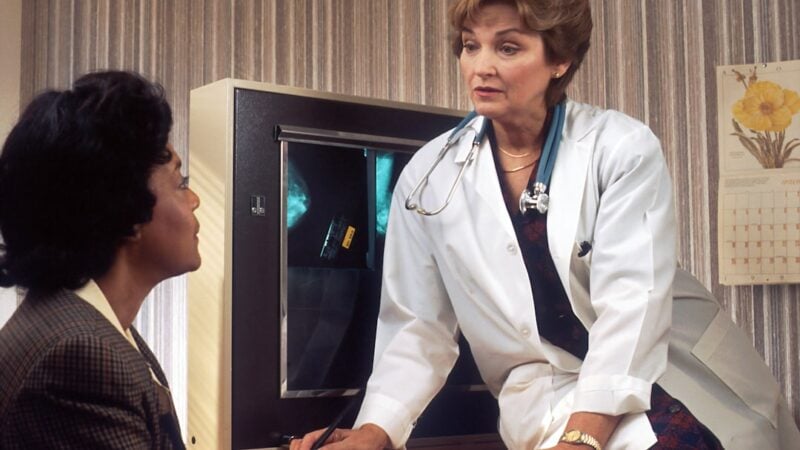What are the symptoms of cysts in the kidneys?

Kidney cyst is usually small fluid-filled sacs that grow in your kidney, which typically harmless and rarely cause symptoms. You may ask, “What are the symptoms of cysts in the kidneys?”
Whenever the cyst becomes more significant, the more likely it will start presenting issues. Doctors don’t understand yet why kidney cysts are there, hoping they will discover it soon.
Table of Contents
Symptoms of Cysts in the Kidneys
Facts about Symptoms of Cysts in the Kidneys
Most of us develop cysts as we get older. On average, 10% of the population will have cysts when we are young. It might be at the age of 20 years or newborn baby or maybe teenagers also.
But as we get older, say about 70 years of age, 35% to 40% of people will have one or two cysts in either of their kidneys. Do not worrying at all. Let’s see why such symptoms of cysts in the kidneys shouldn’t be worried.
What is a Kidney cyst?
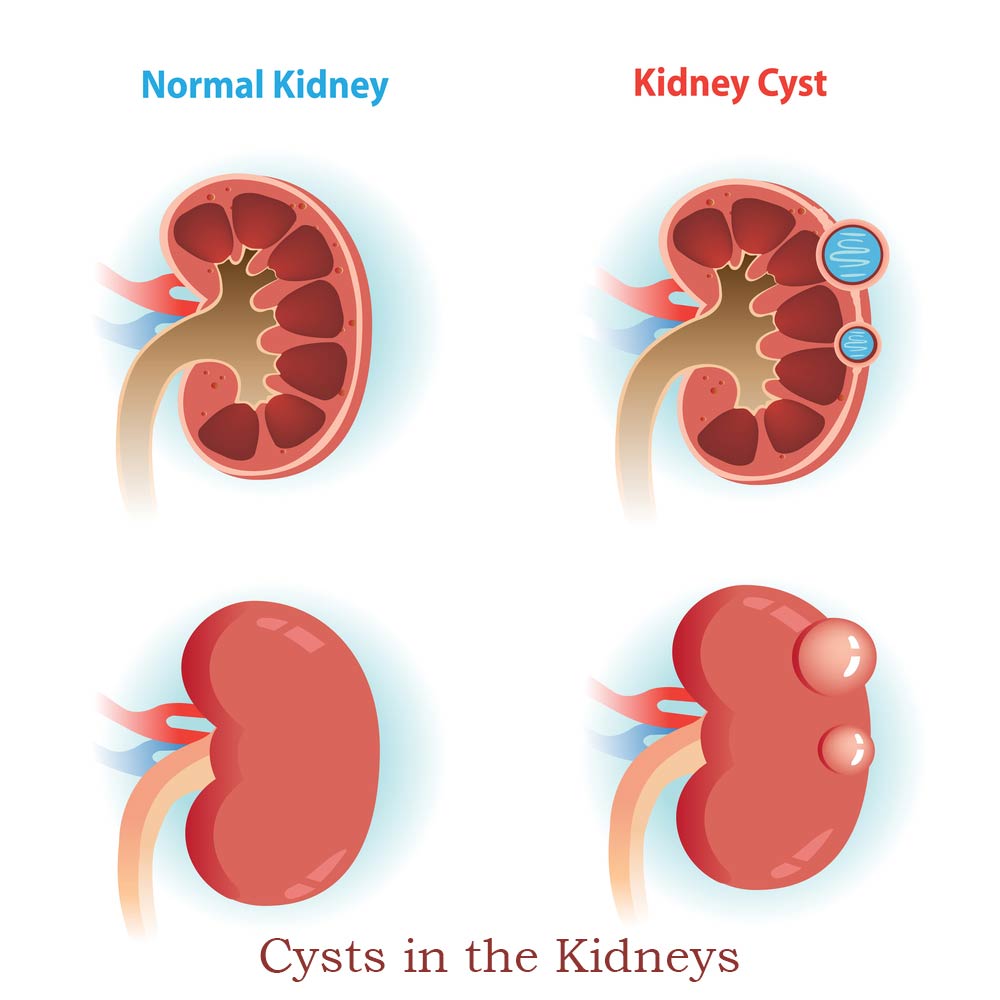
All of us have got two kidneys. These are Bean shaped and the size of our fist. Our kidneys contain about 20 – 25 lakh filters, and each kidney consists of about 10 to 12 lakh filters. These filters are called Nephrons, and they have a filter head, which is called the Glomerulus. It’s solid structured, and all-time filled with Blood.
There’s a lot of blood supply into the kidney. About 1 liter of Blood goes through the kidney every single minute. This firm structure with Blood in it usually does not have any fluid-filled cysts in them.
A cyst is nothing, but a fluid-occupied bubble or pouch or sac-like structure develops on our kidneys. It does not grow into the surrounding tissue, which makes the cancer nodules.
A cyst is not dangerous in itself unless it reaches a size where it hit the crucial structures, i.e., These cysts usually don’t affect our kidneys function. In some cases, symptoms of cysts in the kidneys have arisen due to cancer in the body.
Some cysts are tiny in a way that can not see them without a microscope. Others can grow to be as large as a tennis ball. Once it becomes more extensive, these cysts would get touched to nearby organs, eventually causes pain.
There are three most common types of kidney cysts:
1. Simple cysts
2. Complex cysts
3. Polycystic cysts – Popularly Known as Polycystic kidney disease
What are simple kidney cysts?
Simple means that there is one cavity with fluid, and there’s nothing else that looks worrying in that cyst.
Simple kidney cysts are prevalent. If somebody has a simple cyst and is just one or two cysts in each kidney, you mustn’t worry about it when not giving any issue. And keep doing scans to look at it over the period. These cysts might slowly increase in size.
Simple kidney cysts become more familiar with age. But sometimes they could be present since birth. Men are more vulnerable than women. As imaging tests become more frequent, more and more people are diagnosed with these cysts.
The Causes & Symptoms of Simple Cysts in the Kidneys
Most simple kidney cysts are asymptomatic, meaning that they do not cause any symptoms or problems regardless of cysts’ presence. But, if a kidney cyst grows large enough, it gives signs that do become noticeable.
These symptoms can include:
• Dull pain in the back or flank
• Blood in the urine
• Pain in the upper abdomen or hips
• fever if the cyst becomes Infected
What are Complex cysts?
On the other hand, a complex cyst has got multiple cavities within it, and there might be some reliable content inside as well. These are called Complexes cysts, and they are graded as a Bosniak classification one, two, and three as well.
If somebody has got a complex cyst that might need some attention. Sometimes we tell people to do an ultrasound scan once in six months for a couple of years, and if the cyst has not grown in size, we suggest they leave it like that, and you know to see them once in a couple of years.
However, if we find that the cyst is large, very complex, and looks a bit suspicious, we might want to do a CT scan to figure out whether this is something that needs worrying at all.
Very few of these complexes turn out to be malignant. So predominantly, more than 90% of these complexes are benign. 10% might need some attention.
What is Polycystic kidney disease?
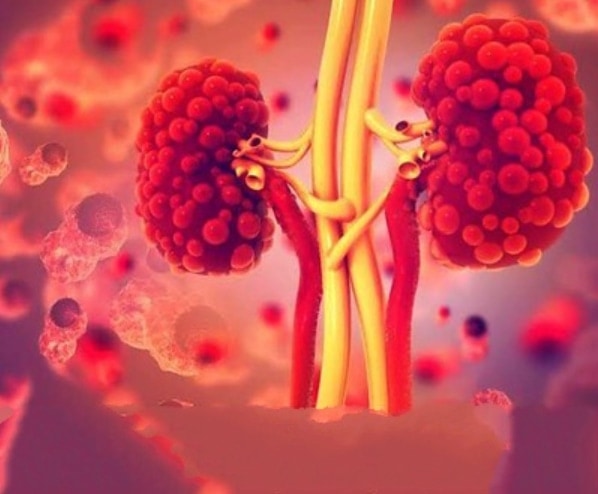
It is a scenario where people might have multiple symptoms of cysts in the kidneys. In this scenario, there will be innumerable cysts so that you can’t even count these numbers of cysts in both the kidneys, and this condition might be hereditary as well. This disease we call it Polycystic Kidney Disease (PKD).
PKD usually hereditary, and people behave the same way as their parents or brothers or uncles in terms of how it will affect their kidney function. These people who’ve got an innumerable number of cysts in their kidneys can lead to kidney failure.
What causes polycystic kidney disease?
It is hereditary, and some times it will appear due to genetic mutations over some time.
What are the Symptoms of Polycystic Kidney Disease (PKD)?
It causes symptoms of PKD in the kidneys given below:
• Pain in your back or flank
• The appearance of Blood in the urine
Kidney cysts and COVID-19
Remember that COVID-19 is a respiratory disease, which causes infection of Coronavirus. Mainly it infects our lungs, lowers our immune system capabilities.
If such low immunity persons get infected, and coincidentally he/she diagnosed with any of the Kidney Problems, possibly they will suffer.
Who are at Risk for Kidney Cysts?
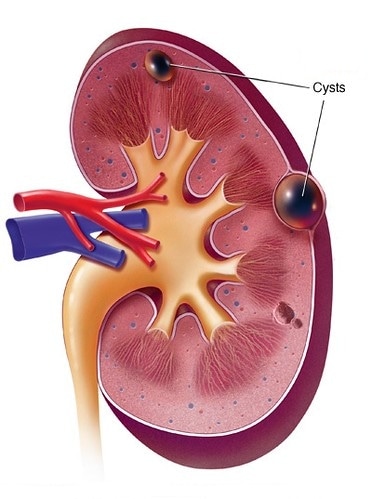
The specific risk of severe respiratory illness associated with reduced kidney function (GFR) is not known for all CKD stages (Chronic Kidney Disease) – probably 3x times increase in symptoms of cysts in the kidneys overall.
The risk of severe illness is increasing in individuals:
• Older than 65
• With diabetes, or hypertension, or severe obesity
• The people who have suppressed or weakened immune systems
• With liver disease
• Who lives in nursing facilities/group homes
Does SARS-Cov-2 Affect the Kidneys?
Yes, almost 90% of chances are there to affect our kidneys, these will be,
• Most cases of AKI (Acute Kidney Injury)
• Protein increase and inflammation in the urine he urine causes noticeable damage to
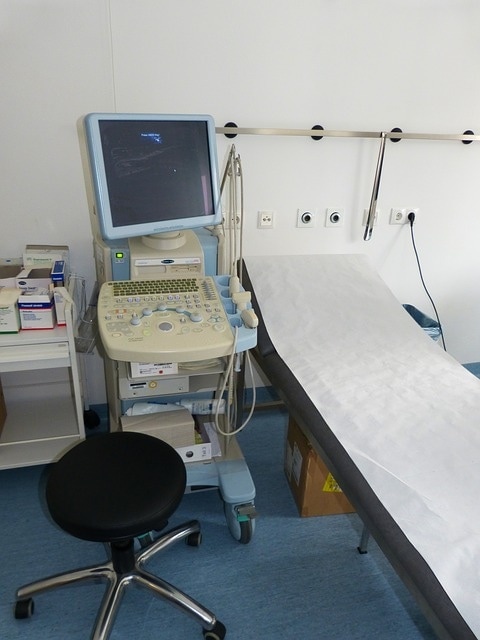
the kidney’s tubules.
• SARS-Cov-2 virus sometimes found in kidney tissue and urine waste
• No specific information is confirmed yet regarding PKD.
Diagnosis
Once symptoms of cysts in the kidneys get recognized, any of the following diagnostic tests may be requested to discover more about the cysts growth.
• Urinalysis: This test measures the contents of urine from urine samples.
• Ultrasounds: It is an Imaging test that uses sound waves to create a
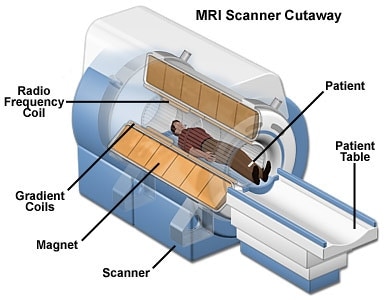
kidneys picture.
• MRI: In this Imaging test, the radio waves and magnets used to display
pictures of the human body’s soft tissues and organs, including the kidneys.
• CT scans: Are computerized imaging that creates a three-dimensional picture of the kidneys to show tumors or cysts.
• Kidney function test: It is just a blood test that tests how well your kidneys are working.
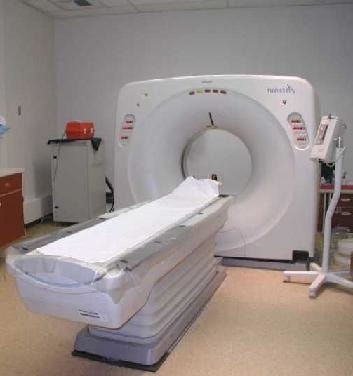
These can all perform on an outpatient basis. Most of the time, no preparation is needed, but a patient should follow a doctor’s instructions before undergoing the test.
Here is a list of other articles related to kidney disease and issues:
- 8 Tweaks of Why Do My Kidneys Hurt at Night?
- How do the kidneys help regulate blood pressure?
- 8 kidney function and location
- 7 Quick Guide To Know what is kidney stone pain like?
Bottom lines
There are a tiny proportion of patients that we see with cysts. 99% of patients with these cysts’ symptoms in the kidneys have one or two cysts, simple and do not need any further assessment.
So in case you have any symptoms of cysts in the kidneys, please don’t panic. Just see a Dr. about cysts if the report says whether it’s simple or not and whether it’s only a few two or three. If that is the case, you don’t need to worry.
If it says it’s a complex cyst or the multiple numbers of cysts’ symptoms in the kidneys, you need to consult a nephrologist for an opinion.
FAQ
What does a cyst on the kidney feel like?
If simple cysts grow further to larger enough to gives you pain, then you probably get the below symptoms:
• Dull pain in the back or flank
• Blood in the urine
• Pain in the upper abdomen or hips
• fever if the cyst becomes Infected
Is a cyst on a kidney serious?
No, not at all. Simple Cysts are ignorable, but If you get symptoms of cysts in the kidneys as a complex cyst, you should get a little serious about it. You should follow the doctors’ advice before worsening the condition.
On the other hand, Polycystic Kidney Disease could bend your knee down and alters kidneys’ functions, eventually leading to a series of kidney disease, failure, and even CKD (Chronic Kidney Disease also).
Can cysts in the kidneys be cancerous?
Yes, if the cysts like Complex cysts and PKD has the potential to cause a cancerous situation. As per the knowledge, cancer causes the accumulation of dead cells in a particular body location for an extended period. Asymptomatic kidney cysts like Complex cysts and PKD gives birth to the cancer cells for a year-long wait. On-time identification and precautions are the best solutions to prevent future problems.
Will a cyst go away on its own?
The cysts are asymptomatic, even if they present, it will not harm you until and unless it becomes gigantic. Your eating habits, lifestyle, exercise frequency, control over blood pressure, and sugar level plays a vital role in cysts’ symptoms in the kidneys. Any problems would go away on its own.
What can happen if a cyst is left untreated?
Suppose cysts like complex and PKD causes trauma situation if untreated timely. As I said earlier, “Prevention is Better than Cure”. You should also make sure of the detected types of kidney cysts and possible future implications. Approach the doctors about it, get the best advice, and follow the advice properly if you don’t want to experiment with yourself.
Once time-overs and cysts’ symptoms in the kidneys start appearing, you will obstruct the affected kidneys’ functioning. For example, Filtration of Blood, urine formation, and even sending filtered Blood back to the heart may get affected. Hence, other serious issues will get appeared if not appropriately treated.
Which food is suitable for a natural treatment for kidney cysts?
Some recommended apple cider vinegar is another natural remedy to treat the symptoms of cysts in the kidneys. It may help with kidney cysts but to a limited extent. Currently, there are no studies showing apple cider vinegar reduces cysts or removes them. But, like tea tree oil, apple cider vinegar is shown to be antimicrobial.
Can fasting get rid of cysts?
Autophagy will break down a tumor or a cyst, get from it what it can use to support the essential organs of the body, and reduce the rest. That’s why we often see tumors, cysts, and stones break down and dissolve during fasting.

